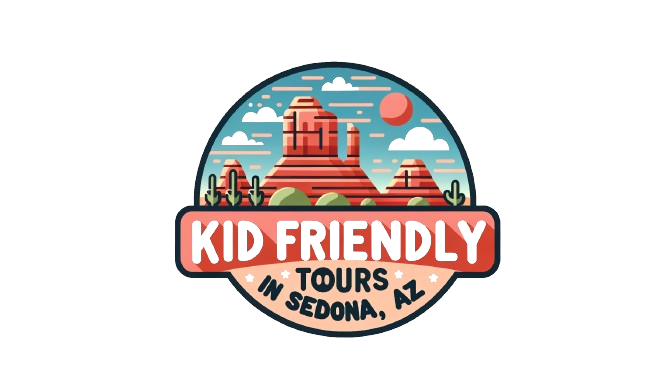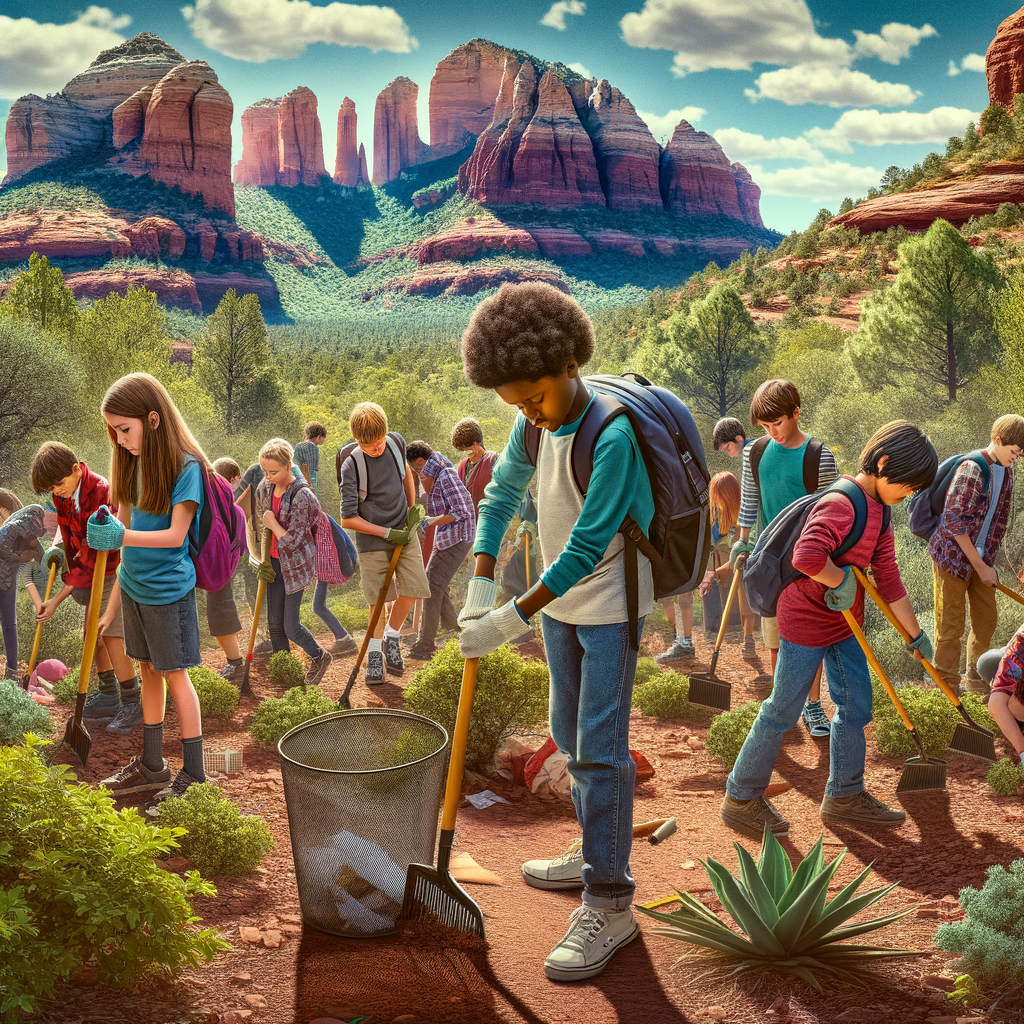Discovering Nature: Explore Local Geology, Flora, and Fauna
Outdoor Science Lessons: Exploring Geology, Flora, and Fauna
Understanding Local Geology
On outdoor science lessons, students have the opportunity to learn about the fascinating world of geology right in their own backyard. By exploring the local landscape, they can observe different rock formations, sedimentary layers, and geological processes that have shaped the earth over millions of years. Through hands-on activities such as rock identification and fossil hunting, students can gain a deeper appreciation for the forces that have shaped the land.
By studying local geology, students can also learn about the unique characteristics of the region and how geological features influence the local ecosystem. Understanding the geological history of an area can provide valuable insights into the environmental challenges it faces and help students develop a sense of stewardship for the land.
Exploring Flora and Fauna
Nature walks offer a fantastic opportunity to explore the diverse plant and animal life that inhabits the local environment. Students can learn to identify different species of plants and trees, observe wildlife in their natural habitat, and study the intricate relationships between different organisms in the ecosystem.
By learning about local flora and fauna, students can develop a greater appreciation for the biodiversity of their surroundings and understand the important role that each species plays in maintaining a healthy ecosystem. They can also learn about the adaptations that plants and animals have developed to survive in their specific environment, providing valuable insights into the interconnectedness of all living things.
Engaging Hands-On Activities
Outdoor science lessons often incorporate hands-on activities to enhance learning and foster a deeper connection with the natural world. Students may participate in soil sampling, water quality testing, bird watching, and other interactive experiences that allow them to apply scientific concepts in a real-world context.
These activities not only make learning more engaging and memorable but also help students develop valuable scientific skills such as observation, data collection, and critical thinking. By actively participating in the scientific process, students can gain a deeper understanding of the natural world and cultivate a lifelong curiosity about the wonders of nature.
Connecting with Local Experts
One of the benefits of outdoor science lessons is the opportunity to connect with local experts such as geologists, botanists, and wildlife biologists. These professionals can provide valuable insights into the local ecosystem, share their knowledge and expertise, and inspire students to pursue careers in science and conservation.
By interacting with experts in the field, students can gain a deeper appreciation for the scientific process and see firsthand how scientific research is conducted in the real world. These interactions can spark a passion for science and instill a sense of wonder and curiosity about the natural world.
Conclusion
Outdoor science lessons offer a unique opportunity for students to learn about local geology, flora, and fauna in a hands-on and interactive way. By exploring the natural world around them, students can gain a deeper appreciation for the wonders of nature, develop valuable scientific skills, and cultivate a sense of stewardship for the environment. Through engaging activities and interactions with local experts, students can spark a lifelong curiosity about the world around them and inspire a passion for science and conservation.
Frequently Asked Questions
1. Are outdoor science lessons suitable for all age groups?
Outdoor science lessons can be tailored to suit a wide range of age groups, from elementary school students to adults. It’s never too early or too late to start exploring the wonders of nature!
2. What safety precautions are taken during outdoor science lessons?
Safety is a top priority during outdoor science lessons, with trained instructors ensuring that all participants follow proper guidelines for activities such as hiking, wildlife observation, and specimen collection.
3. How can students continue their learning after the outdoor science lessons end?
Students can continue their exploration of geology, flora, and fauna through books, online resources, and local nature centers. They can also participate in citizen science projects and outdoor clubs to further their knowledge and appreciation of the natural world.
4. What are the benefits of incorporating outdoor science lessons into the curriculum?
Outdoor science lessons can enhance students’ understanding of scientific concepts, foster a love of nature, and promote environmental awareness and conservation efforts. They also provide a hands-on learning experience that complements traditional classroom instruction.
5. How can parents get involved in outdoor science lessons with their children?
Parents can support their children’s learning by participating in outdoor science lessons, assisting with nature-related projects, and encouraging exploration of the natural world. They can also help foster a love of science and nature at home through outdoor activities and nature-focused outings.
If you are interested in looking into an organized tour for you and your kids, consider visiting our preferred vendor: Sedona Red Rock Adventures.
news via inbox
To be update with all the latest news.




